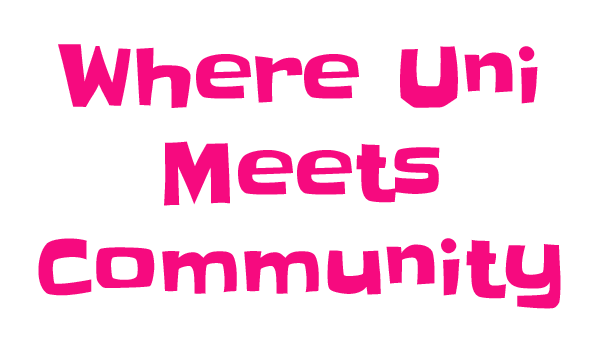- Home
- Study at UniSA
- Community Service Learning Project
The Community Service Learning Project 1 (EDUC 4186) elective course allows you to apply your university learning in a range of rewarding community projects. The course is a great way to build valuable experience for your career while giving back to community. Depending on your program structure, you may also be able to continue your community project in Community Service Learning Project 2 (EDUC 4187).
Students will:
- Work with a community partner to understand their needs and those of their stakeholders.
- Work in teams to solve real problems experienced by community organisations.
- Become 'reflective practitioners', developing problem solving skills and personal growth as a learner and citizen.
Assessments
- 1 x learning journal
- 1 x project proposal
- 1 x presentation and final report.
You will be assessed on your ability to collaborate, solve problems and engage with a diverse community.
How to apply
To express your interest, please complete an Expression of Interest form via the link below, nominating your top 3 projects and return this to Roopa Howard.
Once you have expressed your interest in the course and enrolled, you will need to complete the Requirements to participate in projects, outlined below and be available one week prior to the start of the study period for a community partner briefing. You may also need to attend an interview to assess suitability.
Requirements to participate in projects
Once you have expressed your interest in the course and enrolled, you will need to complete the following:
- UniSA Work, Health & Safety (WHS) module 'Undertaking a Safe Placement' (20 minutes).
- A Department for Human Services (DHS) clearances - Working with Children and Working with Vulnerable People. The university will initiate a screening application upon your enrolment into the course.
- Some projects (especially project that involve minors) require further training in Reporting Abuse and Neglect (RAN).
- Some projects may also require additional clearances or training that are specific to the project or community partner, prior to commencing.
Students will not be assigned a project until these requirements have been met.
Community Projects
Additional information
Project availability
While we are faced with these uncertain times and the constant change in our environment, we are doing everything we can to ensure that where possible all projects will go ahead. We acknowledge that due to the unforeseen future some projects currently listed in the web may slightly change to adapt to the current situation. In saying that, we are also currently working with our Community Partners to source new projects to add to our evolving list.
Research
Community consultation is an important part of community development. As part of their projects, students may gather information to inform/ service program development. However where formal research is conducted with the intent to publish students will need to obtain an ethics approval.




